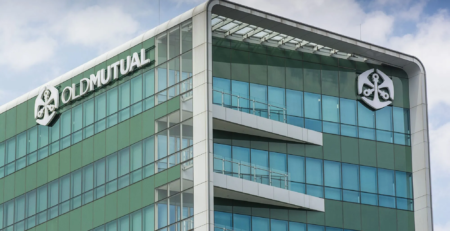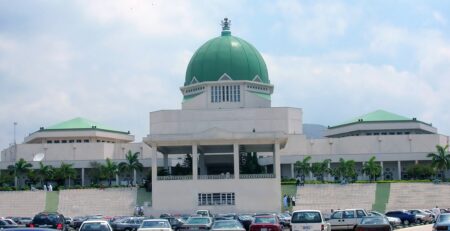Bangladesh. Govt to pilot universal pension from July
The government is set to launch a pilot programme for a universal pension system this July with separate products for expatriates, private sector employees, those engaged in the informal sector, and individuals covered by the social safety net.
The initiative is aimed at bringing people from all walks of life under pension coverage in a gradual process. But no specific authority has yet been established to oversee the universal pension system and the pension products have not yet been specified either.
Finance ministry officials have told The Business Standard that the formation of an authority, comprising government officials, will be initiated early next month. The body will be responsible for finalising the pension products tailored to different segments of the population, they added.
The officials stated that the government is eager to implement the universal pension system prior to the forthcoming general election slated for this December or January next year, demonstrating its commitment to supporting the welfare of its citizens. As part of that plan, the finance ministry has decided to launch the pilot programme in July despite a lack of necessary preparations, they added.
Finance Minister AHM Mustafa Kamal is expected to make an official announcement regarding the commencement of the pilot programme in the budget speech for the upcoming fiscal 2023-24, officials of the Finance Division told TBS.
However, no budget allocation has been specifically assigned to the universal pension system in the new budget, they said, adding that the universal pension authority will be formed with government officials and it will initially be situated within the finance ministry.
Under the proposed universal pension system, the government will only collect contributions from individuals for the first 10 years. For instance, if a 50-year-old individual joins the pension system in the next financial year, the government will start disbursing their pension 10 years later. Therefore, there is no immediate need for budgetary allocations in the upcoming budget.
Regarding the financing of the universal pension authority, an official mentioned that the salaries and allowances, estimated to be around Tk2-3 crore, can be covered from the existing allocation for the finance ministry.
While the universal pension authority will be responsible for formulating specific products for various groups, officials from the Finance Division are already working on product formulation for expatriate Bangladeshis, private and autonomous organisation employees, the working class, the poor, and those covered by the social security network, to expedite the launch of the pilot programme.
Two types of products are being considered for employees of private and autonomous organisations: one where the company contributes to the pension on behalf of the employees and another where the employees make their own contributions.
As per the law, any Bangladeshi citizen aged between 18 and 50 will be eligible to join the universal pension system. However, to receive pension benefits, individuals must contribute continuously for a minimum of 10 years.
The government will determine the minimum contribution rate for each product offered under the universal pension system, while individuals are free to contribute more if desired. The monthly pension amount will be determined by combining the individual’s contributions with the government’s contributions. Eligible individuals will start receiving their pensions from the age of 60 until their demise, providing financial stability during their retirement years.
In the event of an individual’s death before the age of 75, the nominee will be entitled to receive their monthly pension for the remaining period.
If an individual dies before completing the 10-year fee payment quota, the deposit will be returned to the nominee along with profits.
While there will be no option to withdraw the deposited money in the pension fund in one go, individuals will be able to take out 50% of it as a loan, which will need to be repaid with interest.
The pension deposit will be considered as an investment and will receive a tax rebate. Additionally, the monthly pension received by pensioners will be completely exempt from income tax.
The regulator will invest the money deposited in the fund in accordance with prescribed guidelines and make efforts to maximise profits.
The idea of introducing a pension system in the private sector was first discussed by then finance minister Abul Maal Abdul Muhith in April 2014 during a pre-budget meeting with representatives of non-governmental organisations.
In his budget speech in June of that year, he announced the launch of a pilot project to introduce a pension scheme for employees of private banks and corporate organisations in 2018.
He also announced the introduction of a universal pension system in 2021.
Read more @tbsnews











